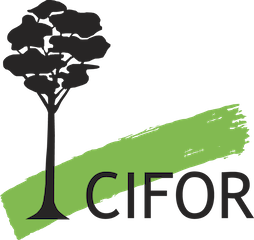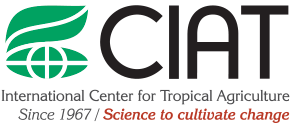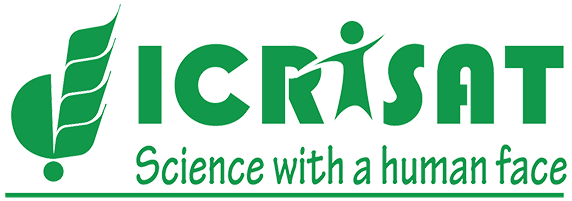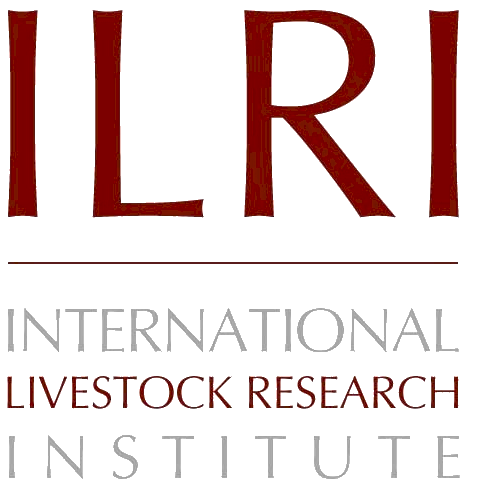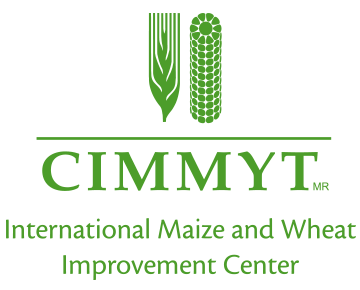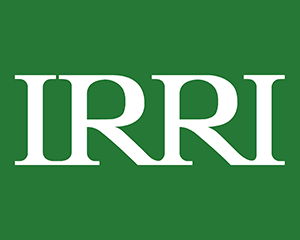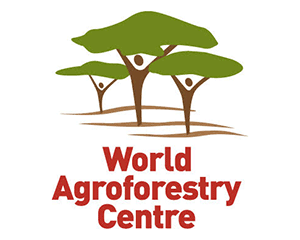
Realizing the potential to significantly increase milk yields, farmers in Kenya embrace reducing emissions from cows.
On a recent SciDev.Net podcast, Kenyan dairy farmer Bunguey explained how he changed animal husbandry practices after participating in a research project with 1,200 other households. A dairy farmer for 40 years, he recently reduced his herd from 18 to 5 cows. The 5 cows receive protein-rich feed and produce nine times as much milk as they did before, meaning Bunguey’s total yield from the 5 cows now greater than the yield he was getting from the 18.
CGIAR Research Program on Climate Change, Agriculture and Food Security (CCAFS) and World Agroforestry Center (ICRAF) scientist Todd Rosenstock explains how a high-protein feeding regimen improves the efficiency of cows’ digestive systems. The result is that cows produce more milk, and they emit less methane per unit of milk. Most importantly for both farmer and reduced emission efforts, fewer cows are needed to meet production goals.
Rosenstock and colleagues are establishing a a complete body of knowledge around smallholder agriculture in Africa. They have developed greenhouse gas measurement methods and established testing laboratories. They are conducting field trials that aim to help farmers’ increase productivity while providing information to guide low emissions agricultural policies.
Reducing emissions from livestock is critical, since livestock cause 14.5% of the globe’s anthropogenic greenhouse gas emissions.
Link to the entire podcast, or tune it to the discussion on emissions from dairy cattle from minutes 1:53-8:37.

